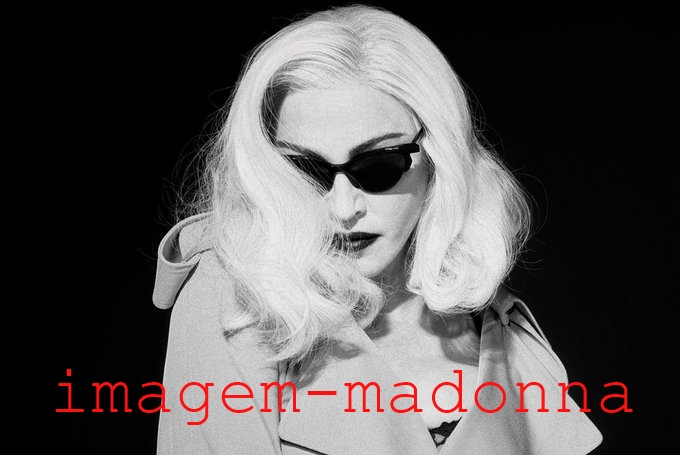Incríveis dez anos se passaram e um dos álbums mais polêmicos de Madonna, não pelo seu tema e videoclipes, mas pela sua qualidade mostra-se após uma década relevante e melhor analisado pois houve tempo e tudo o que veio depois para que se faça comparações e ponderações. A Billboard em seu site o chama de "último grande álbum de Madonna". Hard Candy envelheceu bem.
For most, Hard Candy is not a classic Madonna album like 1989’s Like a Prayer,1998’s Ray of Light or her eponymous 1983 debut. It’s generally not even considered on the level of its Grammy-winning predecessor, 2005’s Confessions on a Dance Floor. The album -- which arrived stateside 10 years ago on April 29, 2008 -- only spawned one top 10 single, “4 Minutes” (which hit No. 3 on the Billboard Hot 100), while most of her previous studio LPs had multiple ones.
And even "4 Minutes," a clattering collaboration with Justin Timberlake, Timbaland and some marching band, felt more like one of the Tims’ bangers than a Madonna song. In fact, probably the biggest quasi-knock against Hard Candy was that, with Timbaland, Timberlake and the Neptunes behind the boards, it found Madge working with A-list pop hitmakers for one of the rare times in her career up to that point. (Nile Rodgers, on 1984’s Like a Virgin, and Babyface and Dallas Austin, on 1994’s Bedtime Stories, also come to mind.)
Gone was the hip factor of William Orbit on Ray of Light, Mirwais Ahmadzaï on Music and American Life, and even Stuart Price on Confessions on a Dance Floor. There was almost a feeling that Madonna had sold out, as if one of the biggest pop stars in history could do that simply by trying to make popular music. That bad album cover -- where she strikes a dominatrix-meets-prizefighter pose -- certainly didn’t help matters.
But in retrospect, Hard Candy is, from start to finish, the last great Madonna album, if not up to her outright classics. There is no filler. There are no bad tracks. Zero. (Even the flamenco-flavored “Spanish Lesson," a frivolous addition to Madonna’s catalog of Latin-infused nuggets, is a guilty pleasure.) The same can’t be said of the more beloved Confessions on a Dance Floor, another club-ready affair that had that forgettable moment when Esther took over on "Isaac."
As the main men on Madonna’s producing and songwriting squad, Timbaland, Timberlake and the Neptunes (Pharrell Williams and Chad Hugo) were in top form. On opener "Candy Shop," which sets the sexy tone for the rest of Hard Candy, the Neptunes get the party pumping with an almost sinister slinkiness. There is really nothing sweet about this sugar — it's just plain hot and raw.
That special Neptunes sauce clearly inspired Madonna to sound more erotic than she had since, well, 1992’s Erotica. Although the Neptunes also produced the second single "Give It 2 Me," a classic Madonna anthem with a determined groove to match the lyric, they really hit peak level with the back-to-back tracks "She’s Not Me" and "Incredible." Ranking among Madonna’s best deep cuts (put “Candy Shop” in that category too), the sassy "She’s Not Me" and the euphoric "Incredible" are both shape-shifting, six-minute epics that start on one dance floor and then transport you to another where the get-down goes on without missing a beat.
Later, on "Beat Goes On" (featuring Kanye West), the Neptunes channel Chic with a bumping bass line. And on the next track, the shimmering "Dance 2Night," Timbaland and Timberlake keep the disco vibe twirling. Madonna and JT, grinding on and around each other, display even more chemistry on "Dance 2Night" than they do on "4 Minutes." The Tims also worked on the ballad "Miles Away," the album's third and final single, which mixes the folktronica of Music and especially American Life with a stuttering Timbaland beat. "I guess we’re at our best when we’re miles away," sings Madonna, hinting at the marital problems that led her to split with Guy Ritchie later in 2008.
In the end, Hard Candy was a sweet victory lap for Madonna as her last of 11 studio albums for Warner Bros., the label where she became the most famous female artist on the planet.





















































